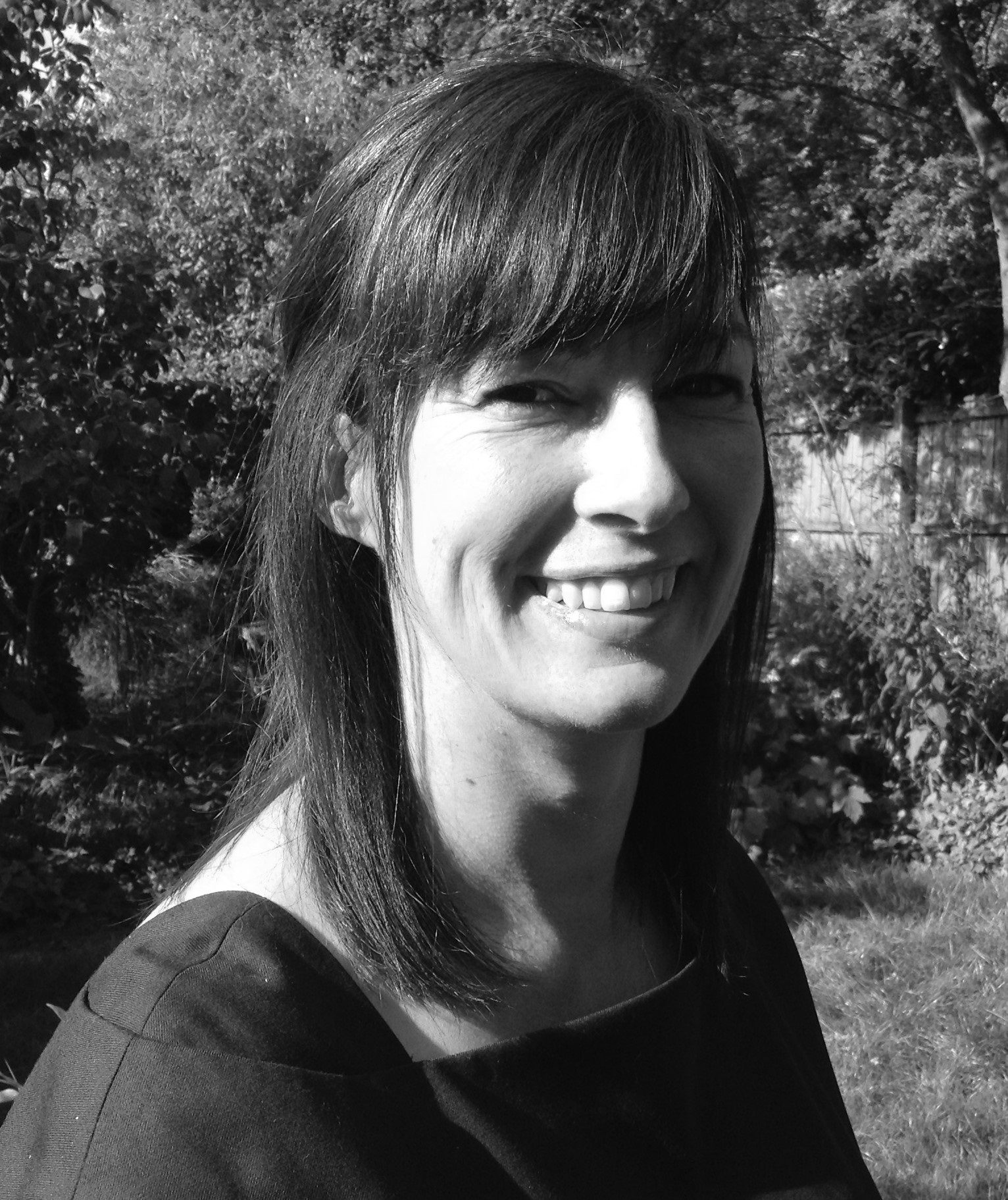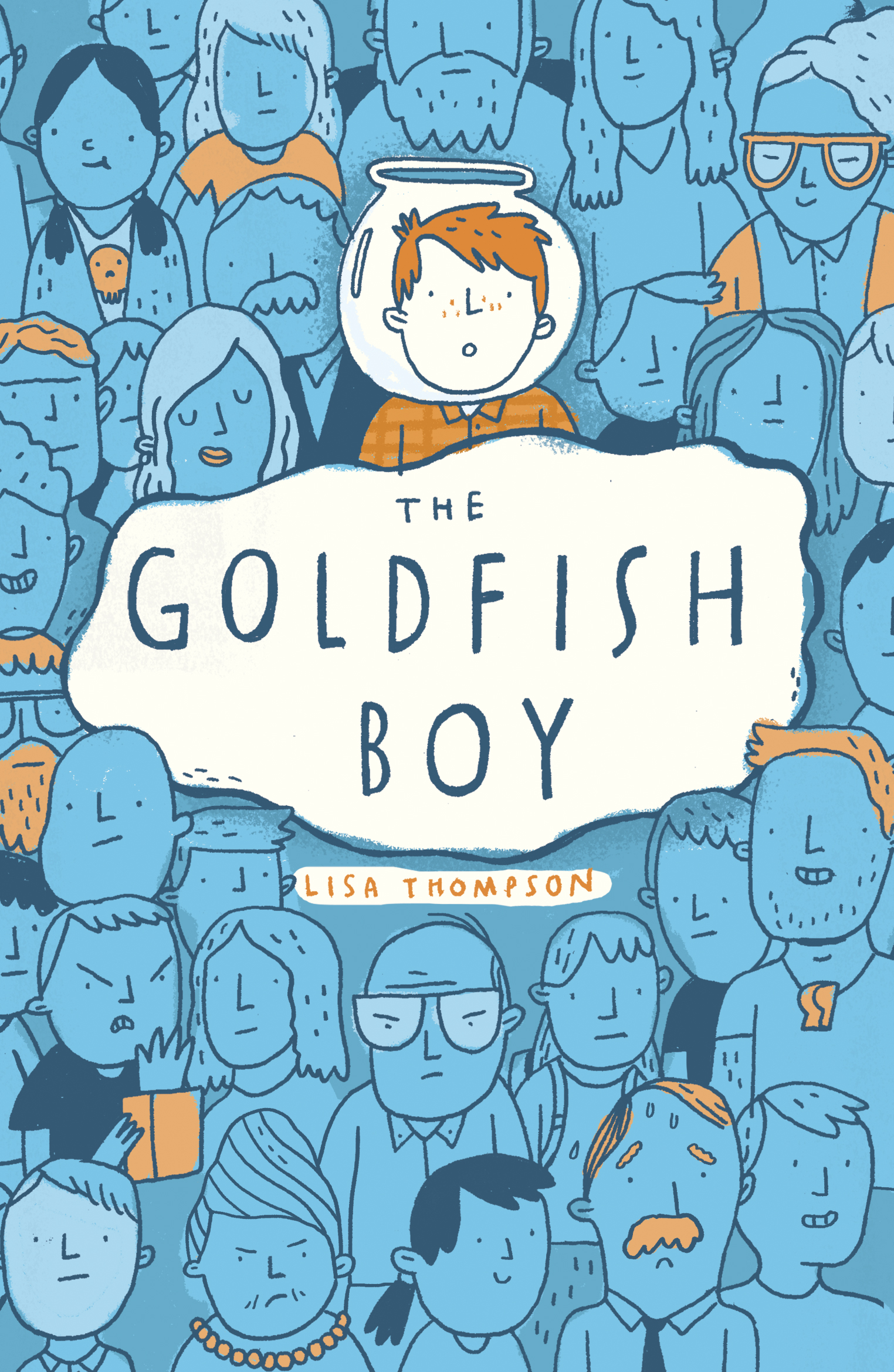Steps towards recovery: OCD and me
Lisa Thompson, author of The Goldfish Boy, talks to us about her journey in learning more about Obsessive Compulsive Disorder

A few years ago, I wrote a short story about a reclusive boy called Matthew who witnesses something shocking from his window. In the story, Matthew had an undisclosed condition that rendered him housebound and he spent his days watching the world pass by outside. I went on to write more short stories, but when it came to writing a full-length novel, Matthew’s ‘voice’ was very clear in my mind – this funny, intelligent, 12-year-old boy still had more to say.
While I was thinking about the book I stumbled across a documentary on Channel 4 presented by the comedian Jon Richardson, called ‘A Little Bit OCD’. Like many people, before seeing this programme I thought Obsessive Compulsive Disorder meant you were maybe a bit tidier than the ‘average’ person, or perhaps you washed your hands more often or liked to arrange your books in a certain way.
This was far from the reality.
This programme gave me my first insight as to how utterly debilitating OCD can be and how it can completely wreck lives. I knew that this is what was making Matthew so scared to leave the house: he had OCD.
I met with a psychologist who specialises in the condition, and she explained the various forms it can take. Most people think of a fear of dirt or germs but there are many ways it can manifest itself; from intrusive thoughts through to routines that can take so long to complete to feel ‘right’, that the sufferer finds themselves unable to leave the house.
In The Goldfish Boy, Matthew has the most known form; an overwhelming fear of germs. But I also wanted to build awareness of other anxieties, so he becomes increasingly stressed when he sees the number thirteen (or ten-plus-three as he prefers to call it). Sadly, the psychologist said she was also seeing more children with OCD, some of primary school age.
I went away and read some books and I also followed some young people talking openly about their OCD on charity website forums. These stories of young sufferers trapped in an exhausting cycle of compulsions was heart breaking. I posted on Facebook about the book and a few friends sent messages saying they had personal experience or knew someone else who suffered. One friend told me he had OCD since childhood but managed to hide it from his family until he was in his twenties.
One of the most important things I learnt during my research was that OCD is unlikely to get better without help, and that it is very treatable, although the road to recovery can be a long and difficult one.
The two main routes for help are through your GP (who will refer you to a psychological therapy service if necessary) or to refer yourself (the NHS website lists services close to your postcode). The main treatments are psychological therapy (usually cognitive behavioural therapy – CBT) and/or medication – most likely to be a type of antidepressant called selective serotonin reuptake inhibitors (SSRIs) that can help by altering the balance of chemicals in your brain.
In The Goldfish Boy, Matthew takes a tiny step towards his own recovery and it was very important to me that the reader felt a sense of hope when reading the book; that one day, Matthew was going to be able to conquer his fears.
For further information about OCD and support visit: ocdaction.org.uk

Lisa Thompson worked as a radio broadcast assistant first at the BBC and then for an independent production company making plays and comedy programmes. During this time she got to make tea for lots of famous people. She grew up in Essex and now lives in Suffolk with her family. The Goldfish Boy is her debut novel.

The Goldfish Boy (Scholastic, £6.99) is available now.
Photograph: iStock









